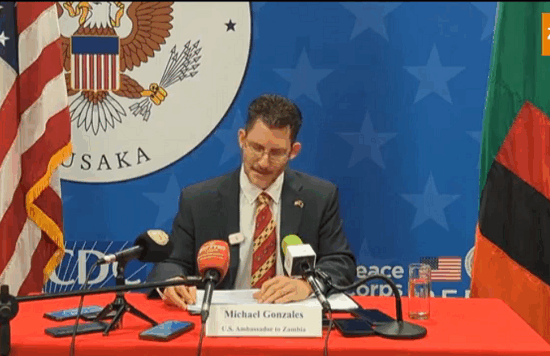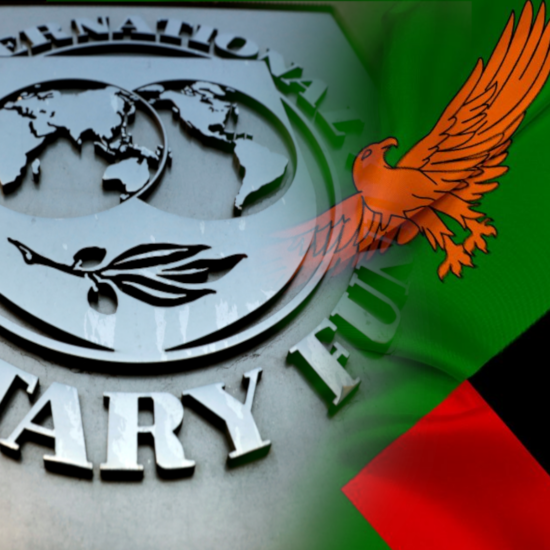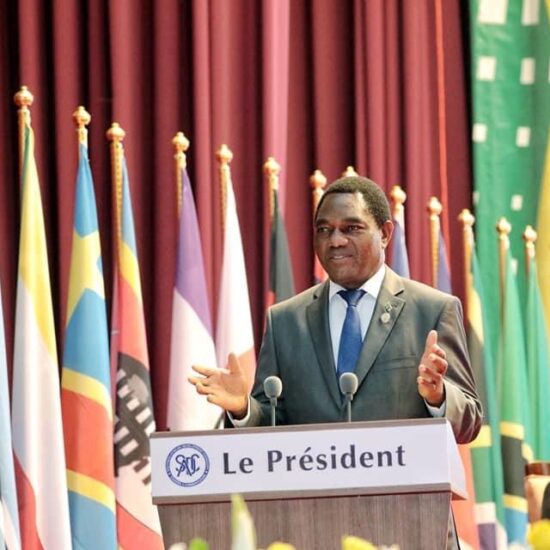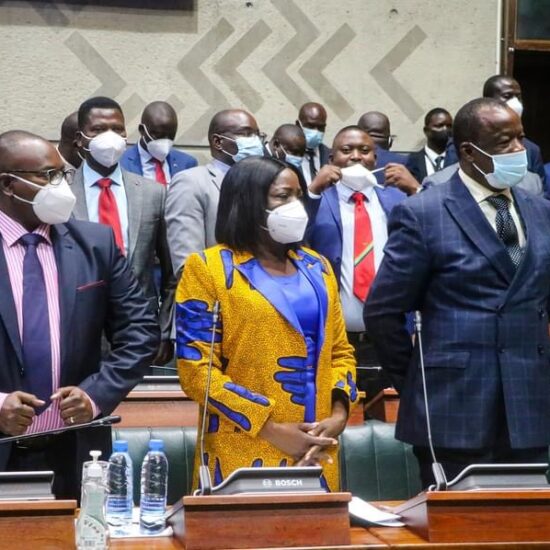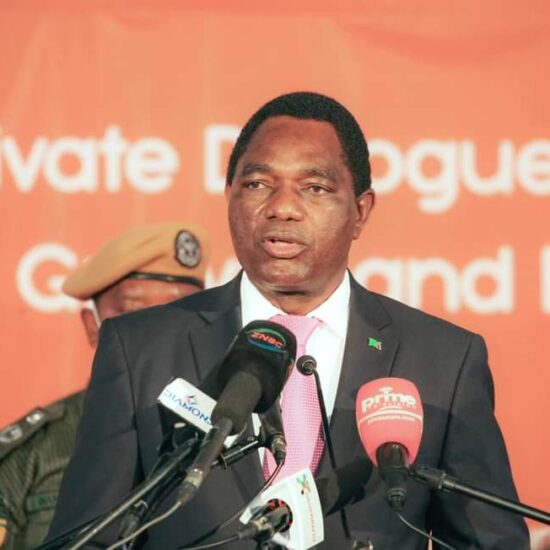
The UK government has commended the Zambian government’s move to call for self-regulation of the media as opposed to government’s regulation saying is it a positive step towards Press Freedom.
British Foreign Secretary Jeremy Hunt said the UK government stands ready to assist the Zambian government with technical support in the formation of the media regulatory body because actualizing media self-regulation even in countries like UK is not an easy undertaking.
Hunt said self-regulation of the media is a better option as opposed to the media being regulated by the state. “We have this same system in UK, I must hasten to say that self-regulation is not an easy process. In instances were media freedoms have been abused in UK, we have seen the same media people raise up to condemn those that abuse their press freedom, this way the media takes responsibility for mistakes made by fellow media practitioners,” said Hunt.
He was speaking in a statement made available to the Zambian Business Times – ZBT by First Secretary Press and Tourism at the Zambia Embassy in Addis Ababa Ethiopia. And Ethiopian Prime Minister Dr. Abiy Ahmed said UK has been committed to fostering media freedom as could be seen from the 2019 UNESCO media ranking that has now imprisoned journalists, unblocked over 2000 blogs and reopened Newspaper and Radio stations that had been closed by the state.
He said media is a watchdog of democracy and good governance and that the African Union Flagship programmes such as Agenda 2063 cannot be achieved without the media. “We cannot underestimate the role that the media plays in good governance and accountability of African government. A free and independent media is critical to the attainment of Africa’s Aspirations, “he said.
Today the 3rd of May 2019, Zambia joins the rest of the world in commemorating World Press Freedom Day under the theme “Media for Democracy: Journalism and Elections in times of Disinformation” the World Press Freedom Day raises global awareness on the role the media plays in every society. Journalism sometimes referred to as the 4th Estate is critical in shaping the nation as it acts as a mirror and communication channel between the governors and the governed.
In Zambia, we have the Independent Broadcasting Authority – IBA which is responsible for regulating the broadcasting industry in Zambia, by ensuring the promotion of a pluralistic and diverse broadcasting industry. The functions of the IBA include among others, to grant, renew, suspend and cancel radio and television broadcast licences.
The IBA is also mandated to set standards to be followed by radio and television stations as well as monitor licensees to ensure that they are compliant. In order to achieve this, the IBA has set up an Inspectorate as well as a Consumer Affairs unit that will receive all complaints that the public may have, concerning radio and television stations or content that the stations churn out.
The UK has two new press regulatory bodies, the Independent Press Standards Organisation (IPSO), which regulates most national newspapers and many other media outlets, and IMPRESS, which regulates a much smaller number of outlets but is the only press regulator recognised by the PRP.
Ofcom also oversees the use of social media and devices in the United Kingdom. TV, radio, telecommunications, and postal services are also regulated by Ofcom


